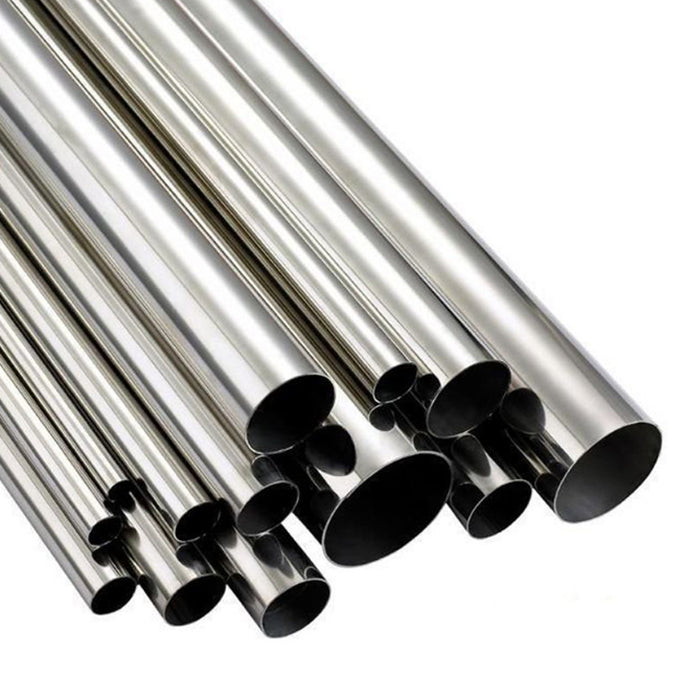WHAT IS CP1 TITANIUM?
CP1 Titanium, also known as Grade 4 Titanium, is the strongest among all commercially pure titanium grades. It combines extreme strength and toughness with superb corrosion resistance. As the most prevalent grade of titanium in the aerospace processing market, CP1 Titanium features exceptional ductility and corrosion resistance against both wet and dry hot gases found in exhaust systems. Although CP1 Titanium is comparable to stainless steel in terms of corrosion resistance, it is significantly lighter due to titanium's lower density. With its excellent corrosion and heat resistance, and lightweight properties, CP1 Titanium stands as the superior choice for high-performance exhaust systems!
WHAT IS CP2 TITANIUM?
CP2 Titanium, also known as Grade 3 Titanium, is a highly durable grade of commercially pure titanium, combining considerable strength and excellent corrosion resistance. This grade is slightly less strong than CP1 Titanium, but it provides a more balanced combination of strength, ductility, and weldability. CP2 Titanium is frequently utilized in the aerospace and industrial markets due to its resilience and performance under harsh conditions. It exhibits superior resistance to corrosion, making it ideal for applications that come into contact with a variety of challenging environments, such as exhaust systems where both wet and dry hot gases are present.
Reasons for Specific Item Availability in CP1 or CP2 Titanium Instead of a Single Grade
The choice between CP1 (Grade 4) and CP2 (Grade 3) Titanium largely depends on the specific requirements of the application. Each grade has its unique characteristics that may make it more suitable for certain uses.
CP1 Titanium is the strongest among commercially pure titanium grades. It offers superior strength, toughness, and excellent corrosion resistance. Therefore, it is often chosen for applications that demand high mechanical strength, such as in the aerospace industry or for high-performance exhaust systems.
On the other hand, CP2 Titanium, while slightly less strong, provides a good balance between strength, ductility, and weldability, making it more suitable for applications where these characteristics are vital. It's often used where a part needs to be formed or bent during fabrication, or where welding is a significant part of the manufacturing process.
So, some items might be available only in CP1 or CP2 Titanium because those specific grades are best suited to the performance requirements of those items. Manufacturers choose the material grade based on the unique demands of the product's application, including factors like strength, weight, flexibility, corrosion resistance, and the manufacturing process used.
